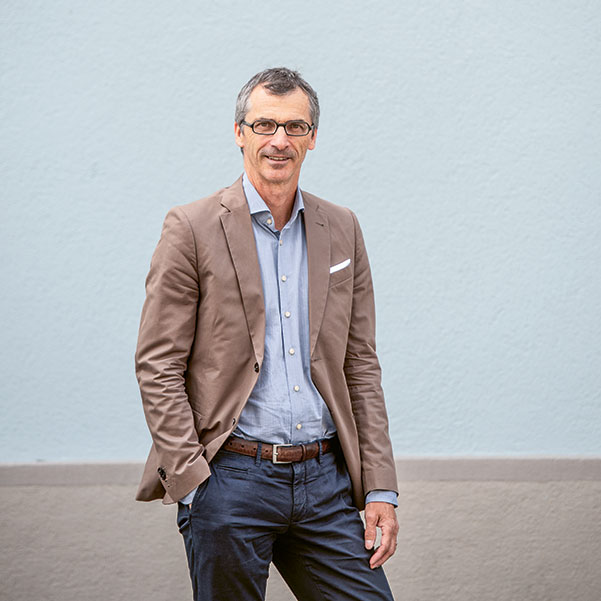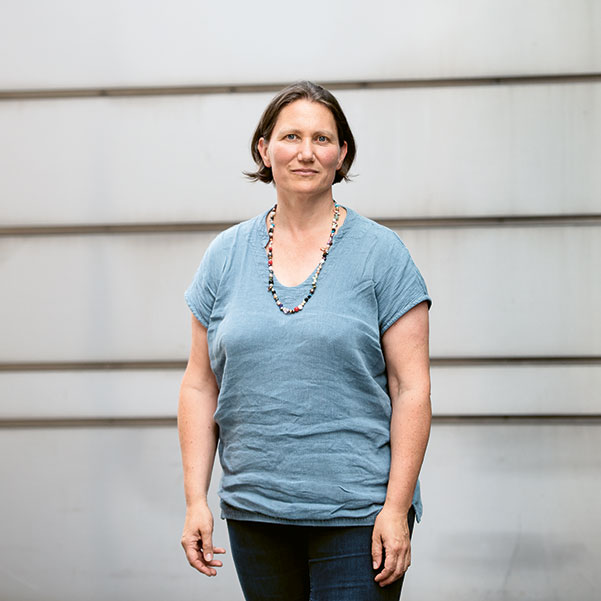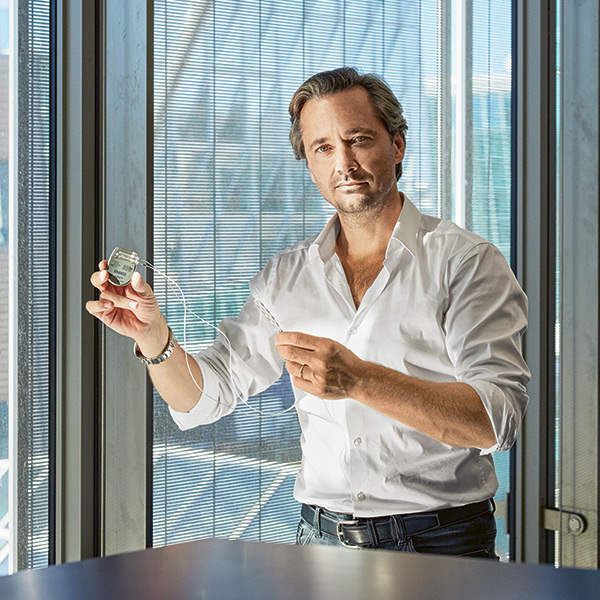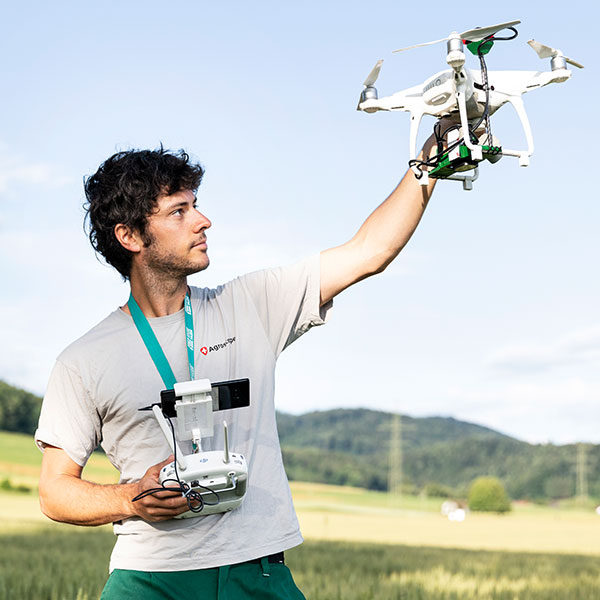Boston, Paris, Hong Kong: do scientific careers have to be international?
Boston, Paris, Hong Kong: no one’s CV can afford to lack proof of mobility. But is this still the best way to promote innovative scholarship within international networks?

Image: Valérie Chételat
Back at my university some 20 years ago, if a researcher had to demonstrate international experience, we called this ‘ZAG’ – “Z’Amerika gsi”, which is Zurich dialect for: “I’ve been to America”. If you had ZAG on your CV, your prospects for a successful academic career were better. That’s still the case, only today many other destinations are just as good when you need a springboard for your career.
And indeed, international experience in the science business can offer you a lot. Researchers exchange ideas with members of a scientific community that is geographically removed from their own, and thereby learn new analytical, methodological and paradigmatic approaches. This exchange often results in a productive insecurity about your own scientific position. What’s more, you learn new rituals of academic self-management. What to me also seems of decisive importance is the chance to explore different forms of interaction between science and society. Then there are other aspects – cultural, linguistic and political. Of course, you can also experience these while on holiday. But in scholarly terms, they only become enriching if you’re engaged in scholarly work yourself.
All these experiences expand your consciousness and help you to develop your own scholarly identity. It’s rare for people to achieve this in a purely national context.
Internationalism is a basic prerequisite for scholarship, and has to be supported and promoted in a focussed way. But realising this can only happen in teamwork between the different actors – you can’t simply expect individual researchers to achieve this on their own. Institutions have to specify clearly what kind of international experience is necessary for someone’s scholarly career to progress. It’s also essential that academics who aspire to high positions should be able to plan the right kind of international experience early on in their careers.
Thomas Hildbrand founded the Center for Higher Education Development in Zurich. He was commissioned by the Swiss Academy of Humanities and Social Sciences to write the report on furthering young academics entitled Next Generation: Für eine wirksame Nachwuchsförderung.

Image: Valérie Chételat
The traditional idea that you have to spend some time at a ‘renowned’ university abroad is old-fashioned. There are better ways of promoting international, innovative research today. In the era of digital technology, contacts you make at conferences can be cultivated perfectly well afterwards, and turned into working relationships. A shared Dropbox file is often more helpful and more productive than a long stay at another university.
International research visits are primarily meant to help young researchers to build international networks and to think beyond the boundaries of their own university. But do they always do this? Often, a guest researcher barely manages to integrate into the local team, and they haven’t the time to pursue common interests. If we really want to promote international collaboration, then we should first take a look at what actually comes out of visits made abroad. Is a researcher publishing together with other researchers who are active elsewhere? Have projects been applied for or approved that feature international cooperation? Is a researcher a member of the editorial boards of international journals, conferences or other platforms? Is he or she helping to mentor doctoral students at other institutions? These would be better indicators for measuring an ability to engage in international collaboration. Just listing a few nice places on your CV won’t cut it.
The ideal of the disembodied, unconnected scientist as an independent, cosmopolitan individual has long become the norm against which young researchers have to measure themselves. This is a great challenge for their social relationships. You can take small kids with you when you travel, but what about your partner – or your parents, if they’re in need of care? If we place too high a value on individual mobility, it can easily happen that a selection criterion becomes decisive that has nothing to do with innovative, high-quality research.
There’s also the fact that changing your institution might mean you become less committed locally. In that case, who will coordinate the teaching programmes, who will mentor the students, and who’ll take responsibility on the spot? Who’ll maintain contact with local companies and organisations? We don’t teach or research as individuals, but within curricula, networks and teams.
If we want to train innovative, high-quality researchers, it would be far more important to offer dependability in their academic career, and to establish greater independence for staff in the ‘middle’ of the hierarchy. International networks should be set up early on in one’s career so that they become productive and lasting in one’s research.
Julia Nentwich is a professor of psychology at the University of St. Gallen and is researching into equality of opportunity.




